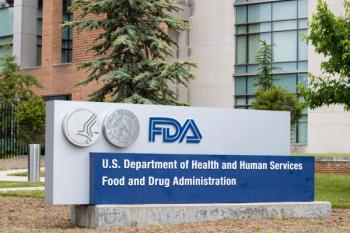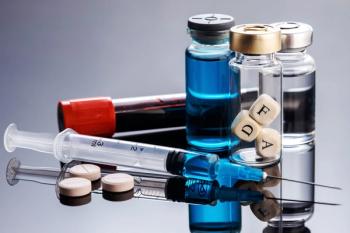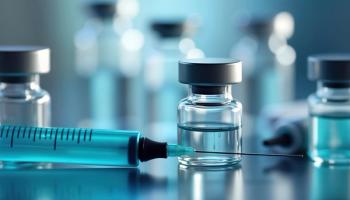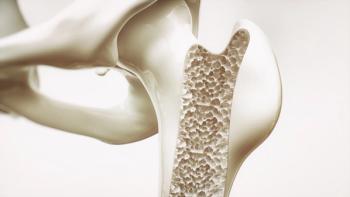
Achieving Savings From Biosimilars Will Require Changes in Market Dynamics
A recent study finds that despite biosimilar use rising to 60% to 86% for three cancer drugs, predicted savings don’t match those that would be achieved from a site-neutral reimbursement strategy.
Manufacturers of branded cancer biologics are reducing their prices as a way to hold on to market share, which has limited the potential savings that health plans can realize from biosimilars, according to a
“Potential savings will only be realized if major changes occur in market dynamics and insurer strategies,” wrote James C. Robinson, Ph.D., professor of health policy and management at the University of California at Berkeley, and Christopher M. Whaley, Ph.D., associate professor in the Department of Health Services, Policy and Practice at the Brown University School of Public Health in Providence, Rhode Island.
Robinson and Whaley wanted to compare the potential savings from full implementation of a biosimilars strategy with the potential savings seen from site-neutral payments for three infused oncology biologics.
They assessed claims data from 2020 to 2022 from national Blue Cross Blue Shield plans on 43,643 patients for 429,517 infusion visits for three branded cancer biologics and their biosimilars. The products assessed include Avastin (bevacizumab), Herceptin (trastuzumab) and Rituxan (rituximab). During the years covered by the study, there were two biosimilars that referenced Avastin, five that referenced Herceptin and three that referenced Rituxan.
Avastin and its biosimilars treat several cancers, including colorectal, lung, kidney, brain and cervical. Herceptin and its biosimilars treat breast and gastric cancers that are HER2 positive. Rituxan and its biosimilars treat non-Hodgkin’s lymphoma, B-cell leukemia and chronic lymphocytic leukemia. Rituxan also treats rheumatoid arthritis, as well as granulomatosis with polyangiitis and pemphigus vulgaris, both of which are rare autoimmune diseases.
The researchers assessed potential savings as the difference between the actual expenditures and the expenditures that would have been incurred if plans had policies of using only biosimilars, what they called full implementation. To measure potential savings from site-neutral payments, they repriced claims for products administered in hospital outpatient clinics to prices paid in community-based physician offices.
Over the three years studied, total expenditures for both biologics and biosimilars were $689.1 million for bevacizumab, $753.7 million for trastuzumab, and $446.6 million for rituximab. Biosimilar penetration rose significantly during that time, from 36.7% to 85.8% for bevacizumab, from 38.6% to 84.3% for trastuzumab and from 14.5% to 60.6% for rituximab
Potential savings
Robinson and Whaley found that over the three years studied, reimbursement prices of the oncology biosimilars were below those paid for their reference biologics and declined over time. They also found that reimbursements to community-based physician practices were below those paid to hospitals.
A biosimilar-only approach would have been $176.6 million for bevacizumab, $168.9 million for trastuzumab, and $119.4 million for rituximab. But potential savings declined over time. Savings from a site-neutral strategy were $301.2 million for bevacizumab, $394.2 million for trastuzumab, and $301.7 million for rituximab. The potential savings from site-neutral payment also declined over time.
They found that site-neutral payments had the potential to result in larger savings than those seen with a full biosimilar strategy: $1.004 billion from site-neutral payments compared with $0.465 billion from the use of biosimilars.
For the branded biologics, reimbursement prices charged in 2020 by hospitals were 50.6% higher than those charged by physician practices for bevacizumab, 51.9% for trastuzumab, and 60.4% for rituximab. For biosimilars, reimbursement prices charged by hospitals in 2020 exceeded those charged by physician practices by 57.1% for bevacizumab, 50.0% for trastuzumab, and 41.9% for rituximab.
“The impact of biosimilar competition depends on the number of therapeutically equivalent products targeting each indication, which depends on the complex processes of research and development, patent litigation, regulatory market authorization, incorporation into clinical guidelines, physician payment methods, and patient adherence,” they wrote.
Newsletter
Get the latest industry news, event updates, and more from Managed healthcare Executive.























